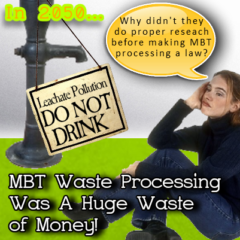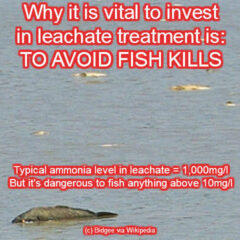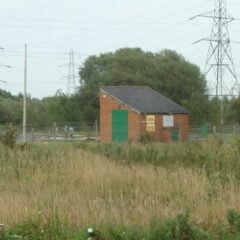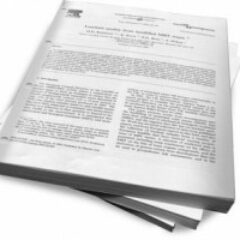Composting
What are the Strategies for Landfill and Leachate Management?
There are two strategies for leachate management. The most common and indeed the only legal way to do manage leachate in the European Union countries is to keep the waste as dry as possible, and not introduce any liquid wastes. That produces the least amount of leachate, and keeps costs low during the infilling of […]
Leachate Quality from Landfilled MBT Waste
In recent years there has been a trend toward MSW leachates from Sanitary Landfills throughout the world becoming more similar, however, as Mechanical Biological Treatment (MBT) is increasingly implemented and more Mechnanically Sorted Organic Residue (MSOR) [also known as “residual waste”] is produced in the supply area for a landfill, so the leachate quality of the landfill will change.



